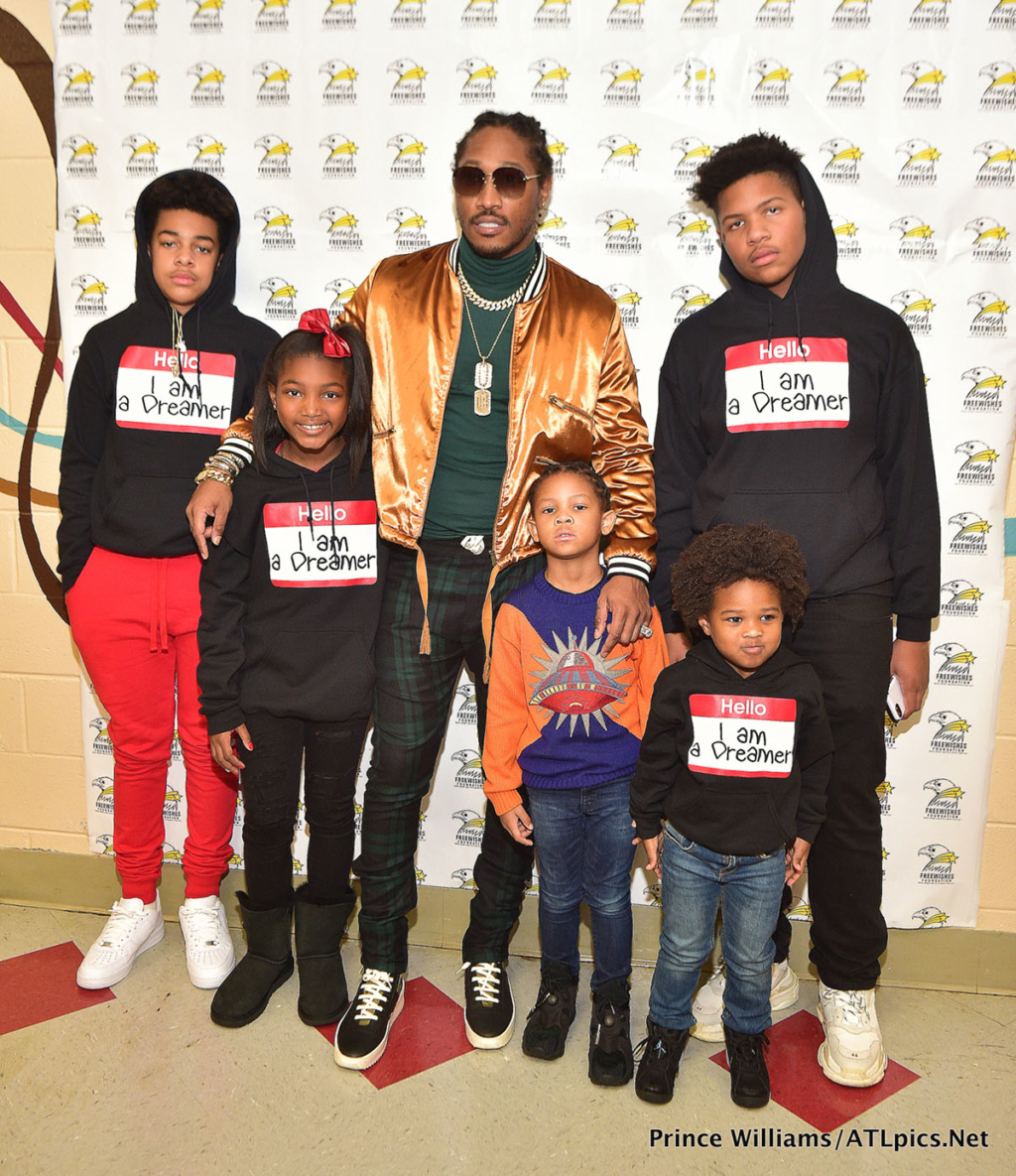In an ever-evolving world, the concept of "Future Kids" encapsulates the vision of children who will lead us into a new era of innovation, sustainability, and social responsibility. As we delve into this topic, we will explore what Future Kids means, the skills they will need, and how we can prepare them for the challenges ahead. Understanding the needs and potentials of these future generations is critical for parents, educators, and society as a whole.
The future is bright, but it's also filled with uncertainties. As technology advances at an unprecedented rate, the children of today—our Future Kids—will face unique challenges that require a blend of creativity, critical thinking, and emotional intelligence. This article aims to provide insights into how we can nurture these essential traits in the young minds of our society.
As we embark on this exploration, we will discuss the various aspects that contribute to the upbringing of Future Kids. From education systems to parenting styles, every facet plays a role in shaping the leaders of tomorrow. Join us as we uncover strategies and insights to ensure our children are well-equipped for the future.
Table of Contents
What Are Future Kids?
Future Kids refers to the next generation of children who will grow up in a rapidly changing environment characterized by technological advancements, climate challenges, and social dynamics. These kids are expected to adapt to new roles that prioritize creativity and innovation.
In essence, Future Kids will need to harness their potential and creativity to tackle global issues such as climate change, inequality, and health crises. This requires a fundamental shift in how we view childhood and education.
Skills Needed for Future Kids
To prepare our Future Kids for the challenges ahead, we can identify several key skills they will need to thrive:
- Critical Thinking: The ability to analyze information and make reasoned decisions.
- Creativity: The capacity to think outside the box and innovate solutions.
- Emotional Intelligence: Understanding and managing one's emotions as well as empathizing with others.
- Digital Literacy: Proficiency in using technology and understanding digital tools.
- Collaboration: Working effectively with others to achieve common goals.
Education Systems to Support Future Kids
Education plays a crucial role in shaping the skills of Future Kids. Traditional education models are evolving to incorporate more experiential learning and critical thinking. Schools are beginning to emphasize:
- Project-Based Learning: Engaging students in hands-on projects that reflect real-world problems.
- Interdisciplinary Learning: Integrating various subjects to provide a holistic education experience.
- Social-Emotional Learning: Fostering emotional intelligence among students.
Innovative Teaching Methods
Teachers are adopting innovative methods to create engaging learning environments:
- Flipped classrooms where students learn concepts at home and apply them in class.
- Utilization of technology such as virtual reality to enhance learning experiences.
The Role of Parents in Shaping Future Kids
Parents play a significant role in the upbringing of Future Kids. They can foster essential skills by:
- Encouraging Curiosity: Supporting children's interests and encouraging questions.
- Promoting Independence: Allowing children to make choices and learn from their consequences.
- Modeling Emotional Intelligence: Demonstrating empathy and effective communication.
Technology's Impact on Future Kids
Technology is shaping the lives of Future Kids in unprecedented ways. While it offers numerous benefits, it also presents challenges:
- Access to Information: The internet provides vast knowledge and learning opportunities.
- Digital Distractions: Excessive screen time can impact attention spans and social interactions.
Balancing Technology Use
To ensure technology benefits Future Kids, parents and educators must:
- Set boundaries on screen time.
- Encourage offline activities that promote physical and mental well-being.
Mental Health and Future Kids
Mental health is an essential aspect of overall well-being for Future Kids. As they navigate a complex world, it's crucial to address their mental health needs:
- Recognizing Signs of Distress: Parents and teachers should be vigilant for signs of anxiety or depression.
- Providing Support: Open communication and support systems can foster resilience.
Sustainability Awareness in Future Kids
As environmental challenges loom large, instilling a sense of sustainability in Future Kids is essential:
- Education on Environmental Issues: Schools should incorporate sustainability into their curriculums.
- Encouraging Eco-Friendly Practices: Parents can lead by example and promote sustainable habits at home.
Conclusion
In summary, Future Kids are poised to shape the world in ways we can only begin to imagine. By fostering critical thinking, creativity, emotional intelligence, and sustainability awareness, we empower them to navigate the challenges of tomorrow. It's vital for parents, educators, and society to work together in this endeavor.
Let us commit to nurturing these young minds and equipping them with the tools they need to succeed. We encourage you to share your thoughts on how we can further support Future Kids in the comments below or explore other articles on our site for more insights.
Thank you for joining us in this exploration of Future Kids. We hope you found this article informative and thought-provoking. Come back soon for more engaging content!
Article Recommendations



ncG1vNJzZmilqZu8rbXAZ5qopV%2Bftq652HBmn62kqr%2Bmecqim6xmmKm6rQ%3D%3D
